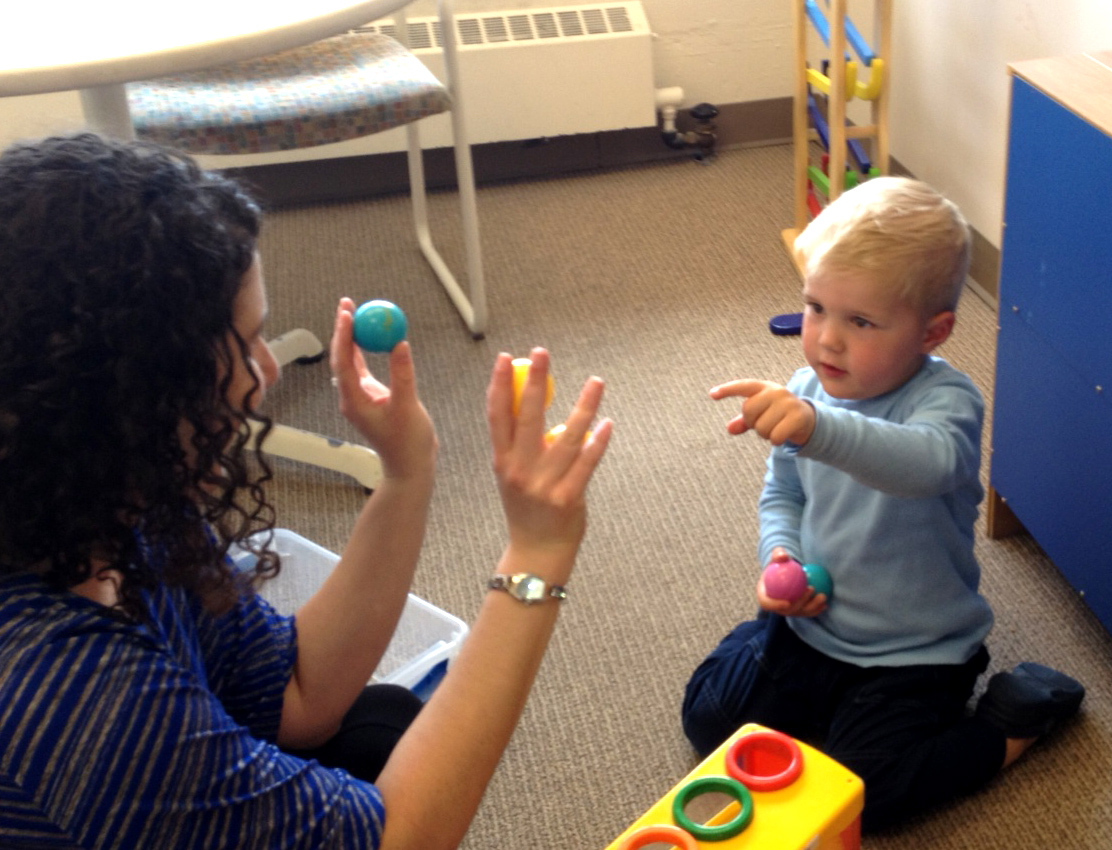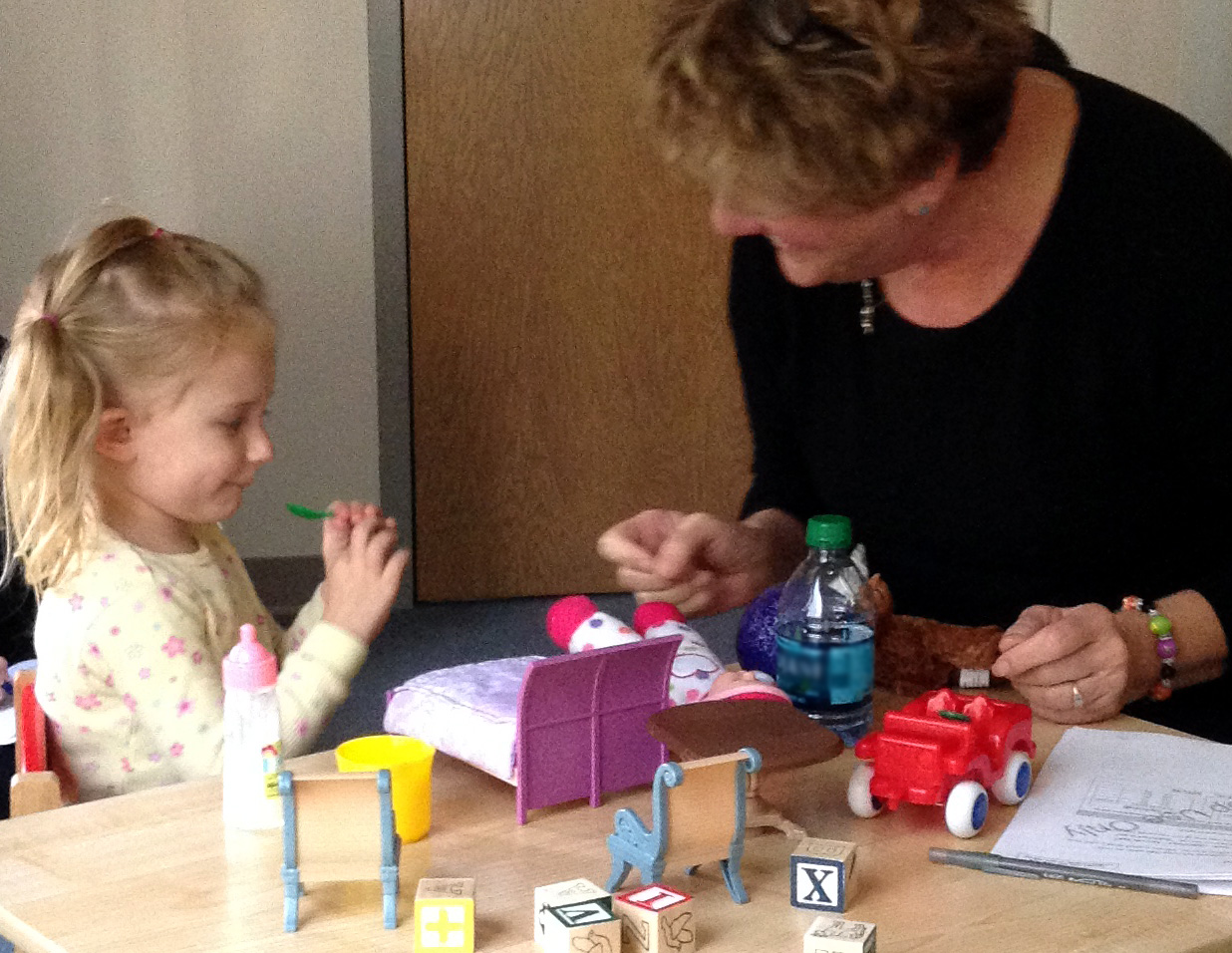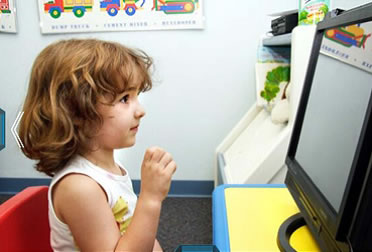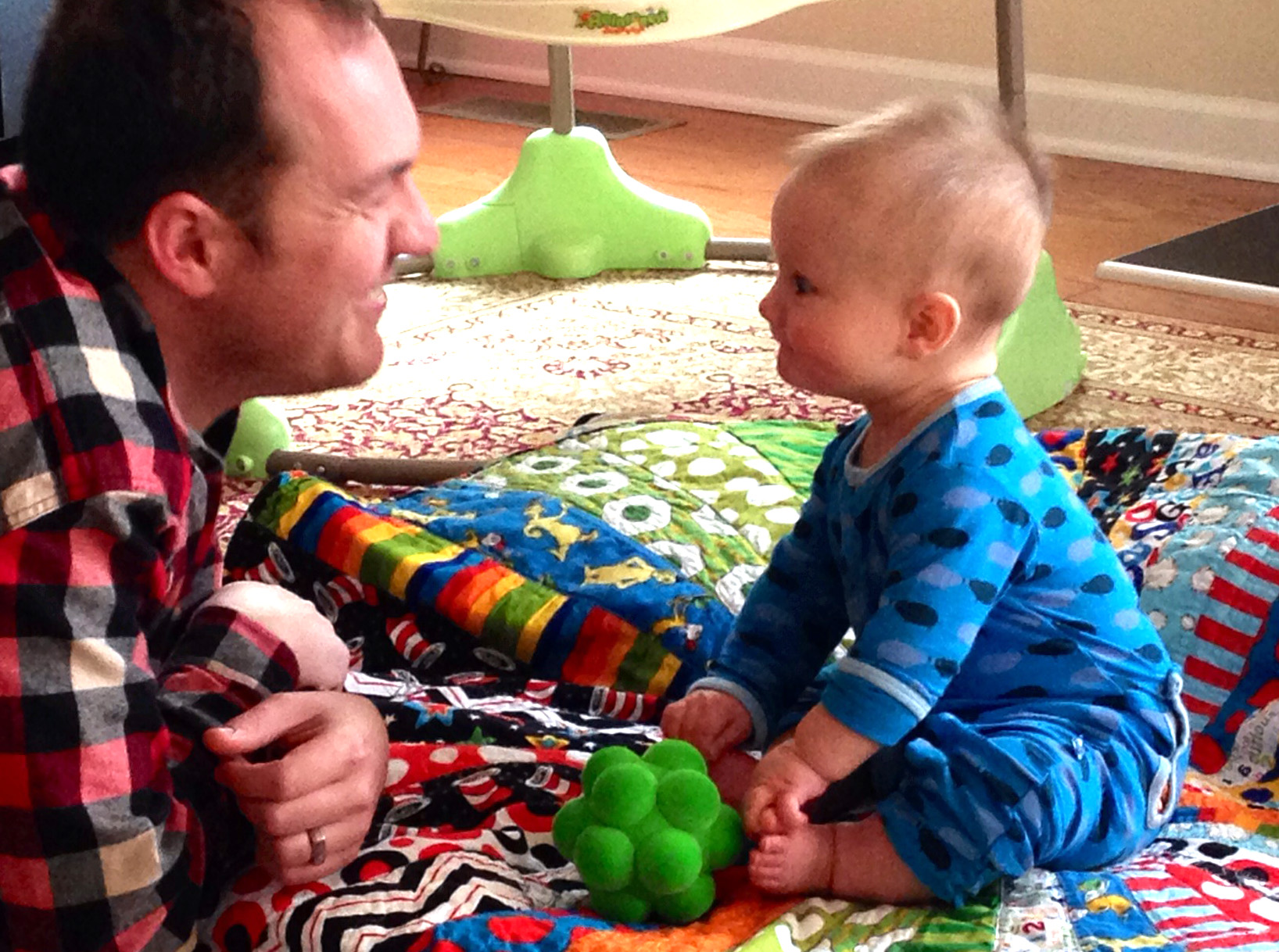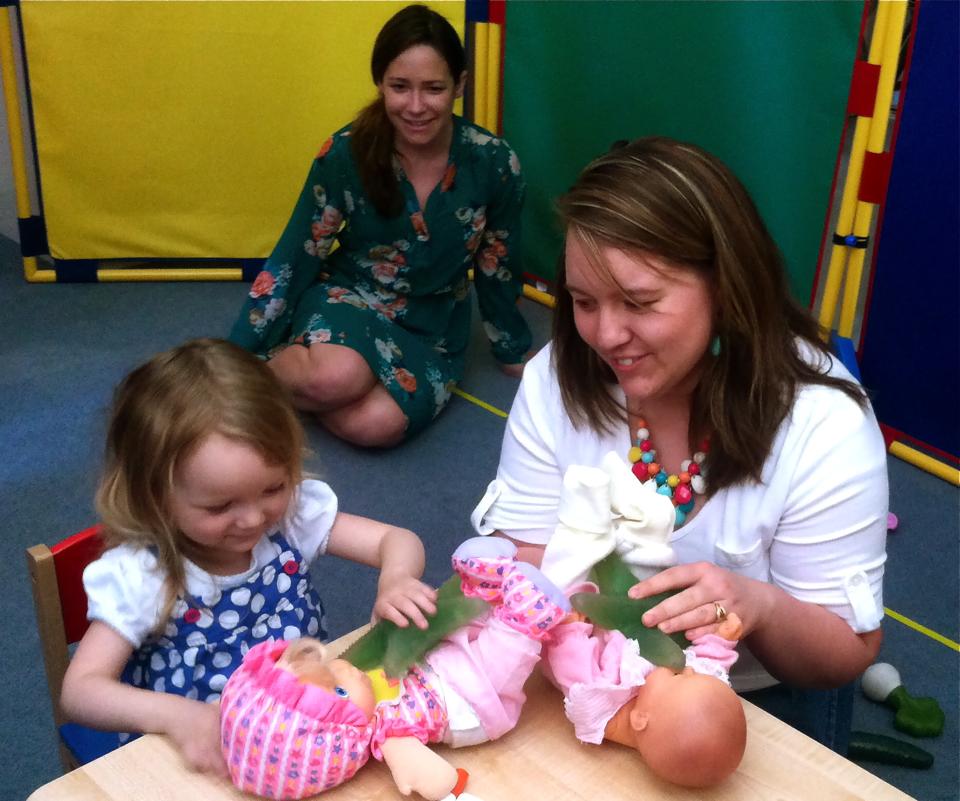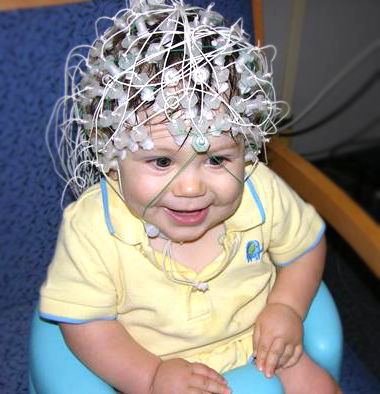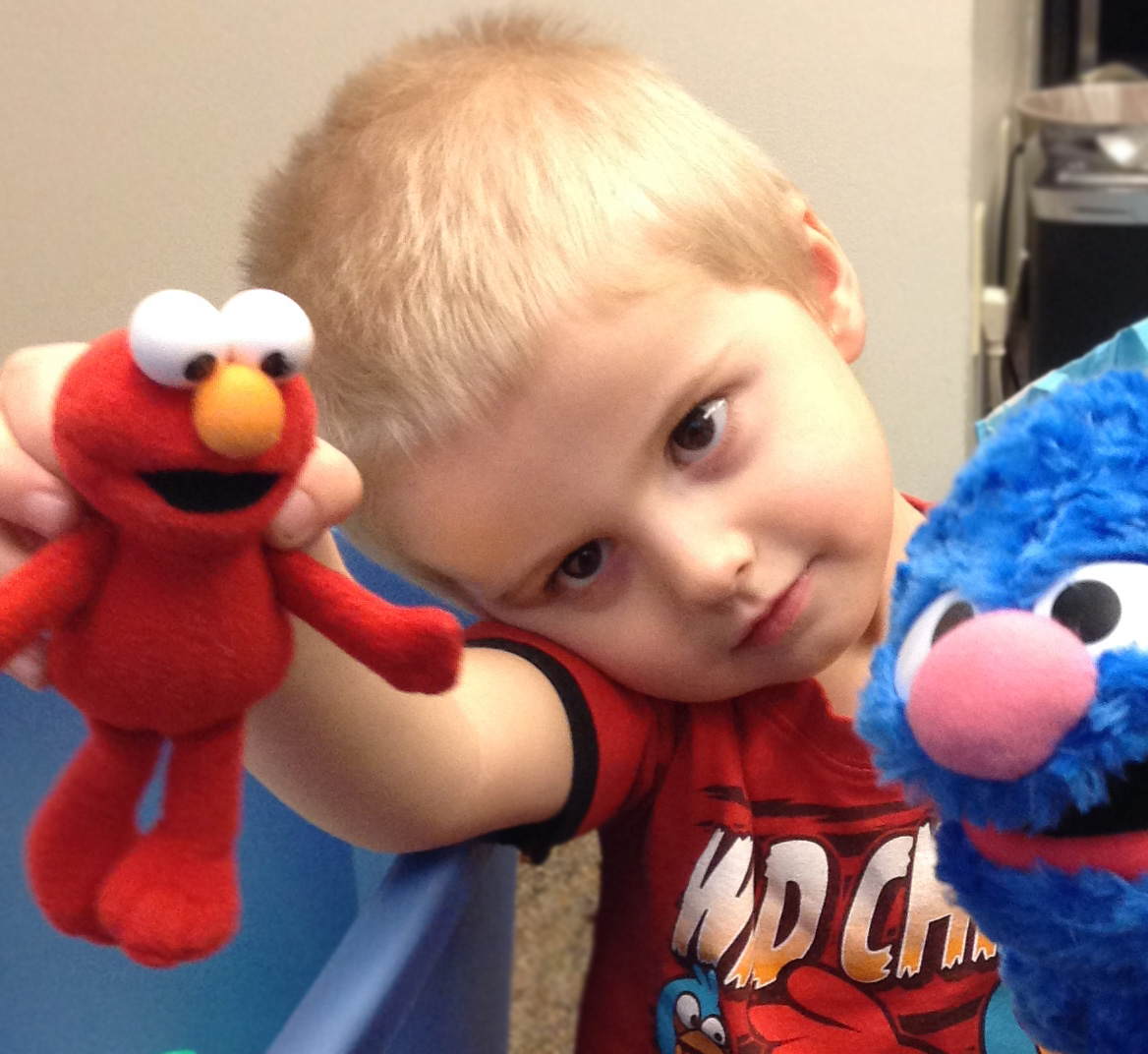ONGOING STUDIES |
|
|---|---|
Improving Everyday Routines: Web-based Tutorial |
Help us evaluate a new online tutorial designed for parents of young children with autism. The READi Lab is conducting research to evaluate a new web-based training tutorial that provides parents with strategies for increasing their child’s participation in everyday home routines. We are seeking parents of children with autism between 18 and 60 months of age who are willing to: (1) fill out questionnaires before and after viewing the tutorial, and (2) provide short videos of a home routine using eyeglasses with an embedded camcorder. No visits to UW are required. Compensation will be provided. Interested in participating? Click here to see our flyer! |
Early Infant Learning Study |
The purpose of this study is to understand the early development of associative learning in 1-month-old infants. We are including infants who have an older sibling with ASD as well as those with no family history of ASD. At 1 month of age, infants will be presented with a learning task while they are asleep. They will return to the lab when they are 3 months old to play a peek-a-boo game with their parent. Infants will also watch images on a television screen as we look at changes in their pupil size, using an eye-tracker that is a few feet away. We hope that this information will give us new ideas about how to identify risk signs of ASD, and underlying features, at younger ages. Interested in participating? Click here to see our flyer! |
Streamlined Assessment for Autism |
The “gold-standard” diagnostic evaluations for autism are costly, time-intensive, and require considerable training. The goal of this study is to develop and evaluate a streamlined assessment battery that can be used by community practitioners without autism expertise. This project is being conducted through the National Children’s Study (NCS), which is the largest study of children's health ever conducted in the US. We are collaborating with 8 other universities across the US to compare the results of the new autism assessment to those obtained from gold-standard evaluations. One of the measures in the new battery is the STAT, which was developed by Dr. Wendy Stone, director of the UW READi Lab. Interested in participating? Click here to see our flyer! Recruitment will end on Dec. 31, 2014. |
Study on Visual Processing
|
We are studying children’s visual development in hopes of learning new methods for identifying ASD at younger ages. We are looking for children between 3 and 12 years old, who would come to the University of Washington for two or three visits. We are recruiting children WITH ASD as well as those WITHOUT ASD. During the visits, children will watch images on a computer screen while we use a table-mounted eye-tracker to measure changes in their eye position and pupil size. Interested in participating? Click here to see our flyer! We are currently only recruiting families who have participated in previous research studies. |
UPCOMING STUDIES |
|
|---|---|
Parent-Mediated Intervention Study (ImPACT) |
This project is evaluating a parent-implemented intervention designed to improve children’s social and communication skills. Our study will examine the effectiveness of ImPACT (Improving Parents as Communicative Partners) for infants at familial risk for ASD. We are seeking families who live within 20 miles of UW and have a child with ASD and an infant under 15 months old. We will begin seeing families in January 2015, but would like to hear from interested families as soon as possible. Interested in participating? Click here to see our flyer! |
The Screen-Refer-Treat Model for Increasing Access to ASD Community Services |
This project will implement and evaluate an innovative healthcare service delivery model designed to promote earlier access to specialized intervention for toddlers with ASD. The Screen-Refer-Treat (SRT) model provides a coordinated and cost-effective approach to early identification and intervention by involving both medical and EI providers, and represents a practical and sustainable strategy for bridging the gap between ASD concerns and ASD intervention. We will be recruiting participants from four communities across the state: Skagit, Lewis, Yakima, and Spokane counties. |
STUDIES NO LONGER RECRUITING |
|
|---|---|
Social Emotional Development
Funding source: Eunice Kennedy Shriver National Institute for Child Health and Human Development (NICHD) |
Later-born siblings of children with ASD are at increased risk for receiving a diagnosis of ASD or other developmental delays. This study, which is conducted with colleagues at University of Miami and Vanderbilt University, is designed to understand the early social and communication development of these “high risk” infants. We have been following the development of infants at high and low risk for ASD starting at 6 months of age, using measures of behavioral and brain functioning, and are providing diagnostic assessments at 36 months. We hope this study will increase our understanding of the early-emerging features of ASD so that children can receive appropriate intervention at the earliest age possible. |
M-CHAT-R Early Detection Study |
We are working with colleagues at University of Connecticut, Georgia State University, and Vanderbilt University to study a revised version of the Modified Checklist for Autism in Toddlers (M-CHAT-R) for young children who have an older sibling with ASD. The M-CHAT-R is a parent-report screening tool designed for use in primary care settings. We have been using the revised version with “high risk” children between 16 and 30 months old, and will determine its accuracy in correctly predicting which children will receive an ASD diagnosis at 36 months. |

